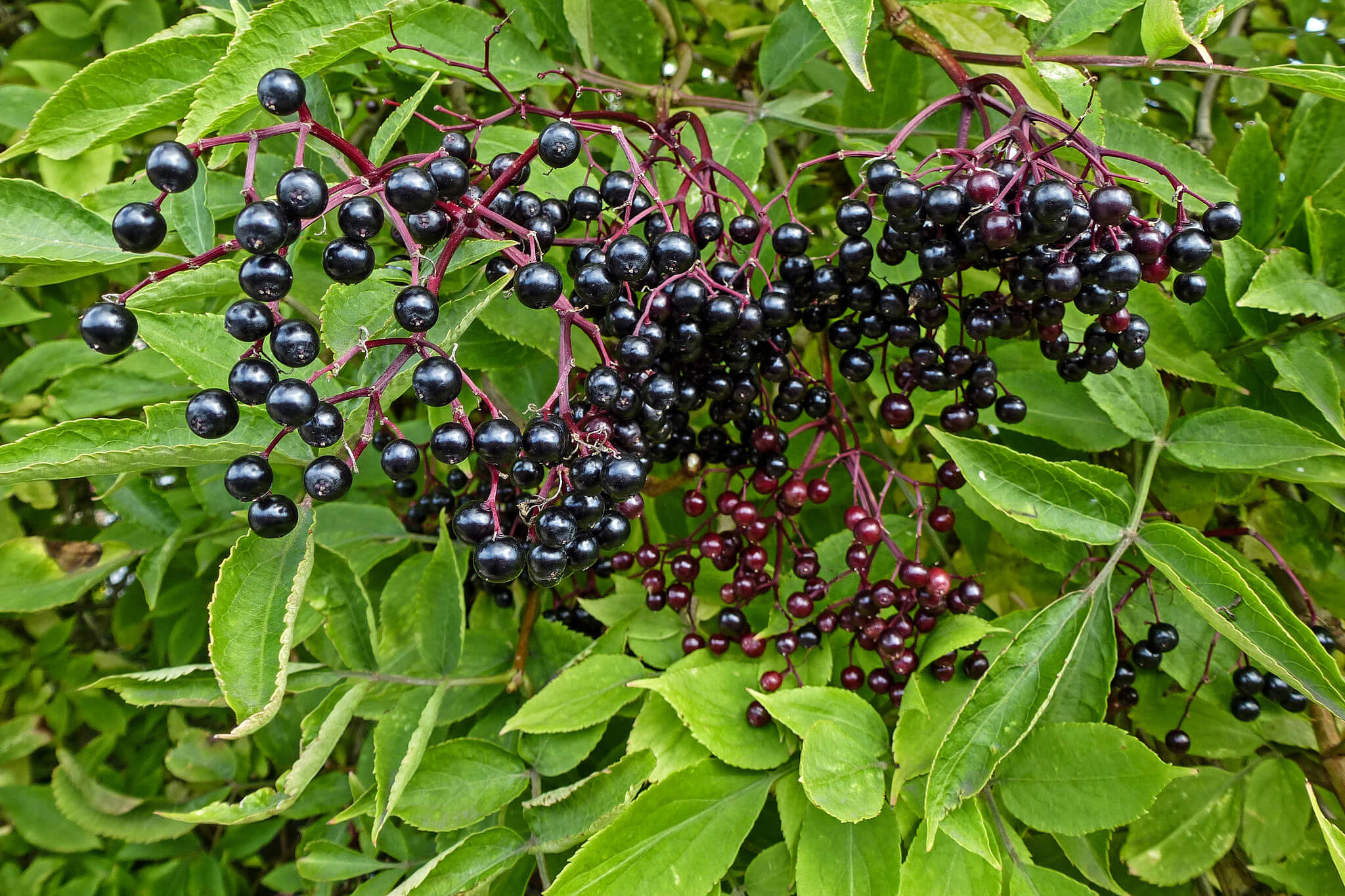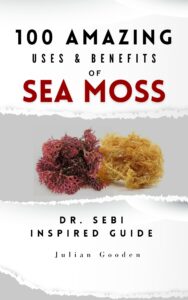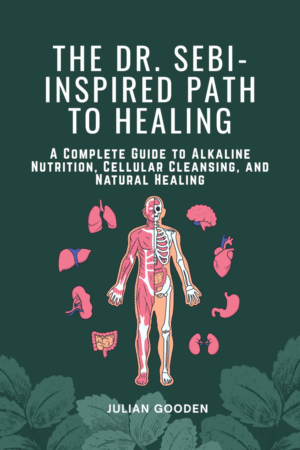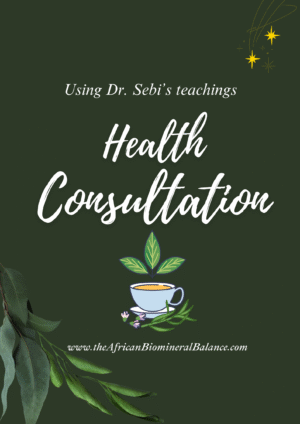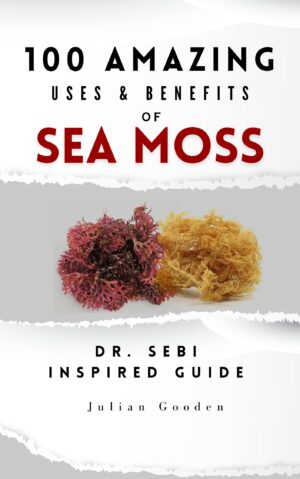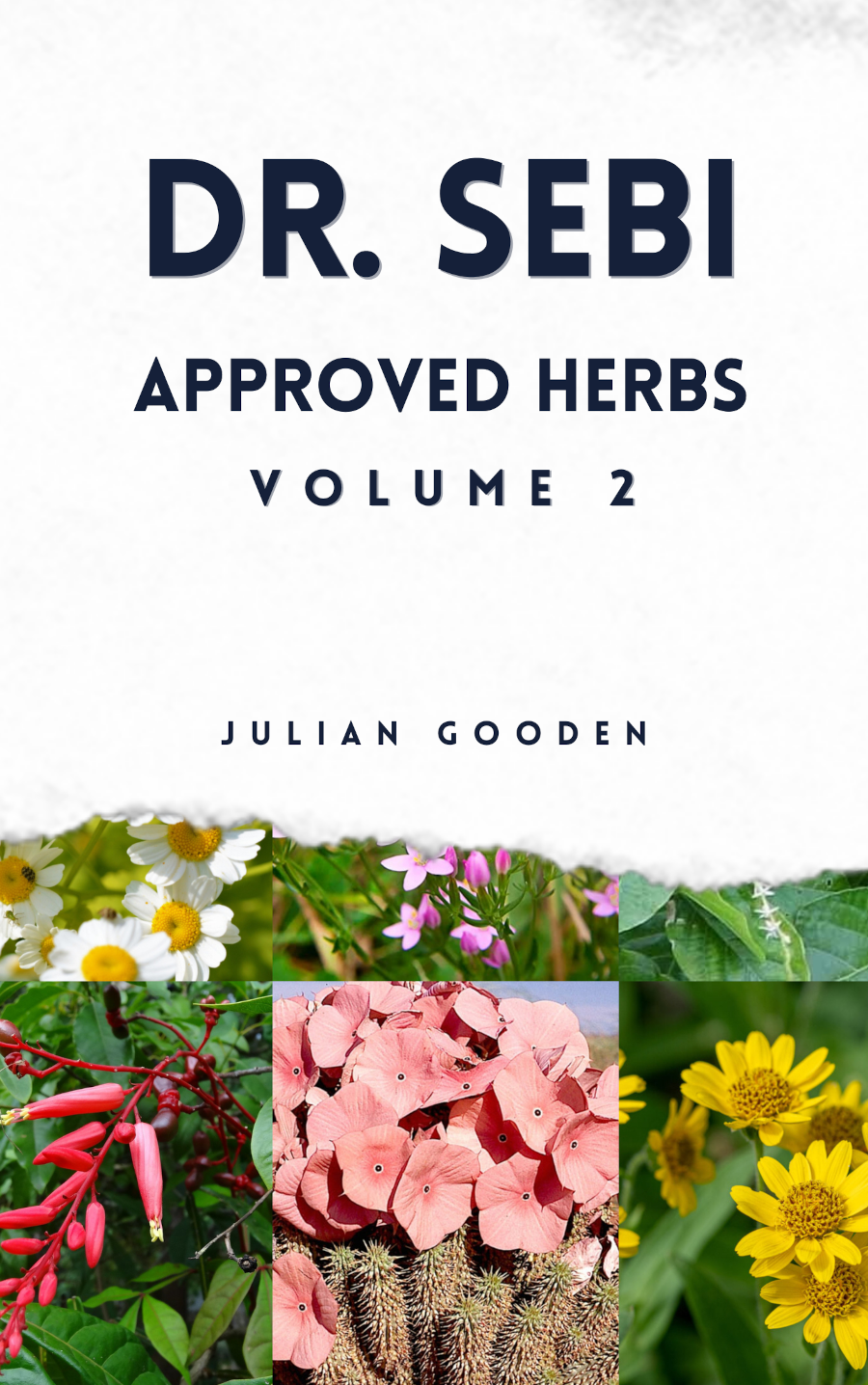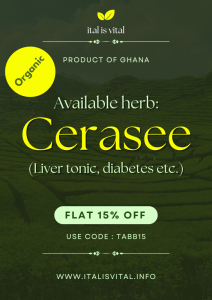Elderberry (Sambucus nigra) has been used for centuries in traditional medicine, particularly for its immune-boosting and anti-inflammatory properties. Below is a concise overview of elderberry healing remedies, their uses, and preparation methods, based on traditional practices and available evidence.
Common Elderberry Remedies and Uses
- Elderberry Syrup for Cold and Flu Relief
- Use: Supports immune function, reduces cold and flu symptoms (e.g., fever, cough, congestion). Studies suggest elderberry may shorten flu duration and reduce symptom severity due to its antimicrobial properties.
- Preparation:
- Simmer 1 cup dried elderberries (or 2 cups fresh) with 3 cups water for 30-45 minutes until reduced by half.
- Strain, then add 1 cup agave syrup to the liquid. Optional: add ginger or cloves for extra flavor and benefits.
- Store in a glass jar in the fridge for up to 2 months.
- Dosage: 1 tsp-1 tbsp daily for prevention; 1 tbsp 3-4 times daily during illness (adults). Adjust for children (e.g., ½ tsp-1 tsp).
- Elderberry Tea for Immune Support and Detox
- Use: Promotes sweating to reduce fever, supports detoxification, and soothes respiratory issues.
- Preparation:
- Steep 1-2 tsp dried elderberries or 1 tbsp fresh elderberries in 1 cup hot water for 10-15 minutes.
- Add agave or lime for taste and additional soothing effects.
- Dosage: 1-2 cups daily during illness or as needed.
- Elderberry Tincture for Long-Term Immune Support
- Use: Concentrated form for immune boosting, especially during cold/flu season.
- Preparation:
- Fill a glass jar halfway with dried elderberries.
- Cover with glycerin, ensuring berries are fully submerged.
- Shake daily and let sit for 4-6 weeks in a cool, dark place. Strain and store in a dark glass bottle.
- Dosage: 10-15 drops in water or juice, 1-3 times daily. Consult a professional for exact dosing.
- Elderflower Tea for Fever and Allergies
- Use: Elderflowers (from the elderberry plant) reduce fever, alleviate allergy symptoms, and support respiratory health.
- Preparation:
- Steep 1-2 tsp dried elderflowers in 1 cup hot water for 10 minutes.
- Strain and add agave or lime if desired.
- Dosage: 1-3 cups daily.
- Elderberry Poultice for Wounds or Inflammation
- Use: Applied topically to reduce swelling, minor burns, or skin irritations.
- Preparation:
- Crush fresh elderberries (or rehydrate dried ones) into a paste.
- Apply to affected area, cover with a clean cloth, and leave for 20-30 minutes.
- Rinse off thoroughly.
- Note: Test on a small skin patch first to avoid irritation.
Precautions and Safety
- Raw Elderberries: Unripe or raw elderberries, leaves, stems, and seeds contain cyanogenic glycosides, which can cause nausea, vomiting, or dizziness. Always cook elderberries before consuming.
- Allergies: Rare, but test for sensitivity, especially with topical use.
- Drug Interactions: Elderberry may interact with immunosuppressants, diuretics, or diabetes medications. Consult an experienced herbalist if you’re on medication.
- Pregnancy/Breastfeeding: Limited data exists; consult an experienced herbalist before use.
- Sourcing: Use organic, high-quality elderberries from reputable sources to avoid contamination.
Where to Find Elderberries
- Dried/Fresh: Available at health food stores, online retailers, or forage (if you’re experienced in identifying safe plants).
- Pre-made Products: Elderberry syrups, and capsules are widely available but check for added sugars or fillers.
Evidence
- Studies (e.g., 2016 randomized trial in Nutrients) show elderberry reduces cold duration and severity in travelers. Its high antioxidant content (flavonoids, anthocyanins) supports immune function.
- Traditional use spans Europe, North America, and Asia for respiratory and immune health.
References
- Scientific Studies:
- Zakay-Rones, Z., et al. (2004). “Randomized study of the efficacy and safety of oral elderberry extract in the treatment of influenza A and B virus infections.” Journal of International Medical Research, 32(2), 132–140. DOI: 10.1177/147323000403200205. Demonstrates elderberry’s ability to reduce flu symptom duration and severity.
- Tiralongo, E., et al. (2016). “Elderberry supplementation reduces cold duration and symptoms in air-travellers: A randomized, double-blind placebo-controlled clinical trial.” Nutrients, 8(4), 182. DOI: 10.3390/nu8040182. Supports elderberry’s efficacy for cold symptom relief.
- Hawkins, J., et al. (2019). “Black elderberry (Sambucus nigra) supplementation effectively treats upper respiratory symptoms: A meta-analysis of randomized, controlled clinical trials.” Complementary Therapies in Medicine, 42, 361–365. DOI: 10.1016/j.ctim.2018.12.004. Meta-analysis confirming elderberry’s benefits for respiratory symptoms.
- Traditional and Herbal Resources:
- Hoffmann, D. (2003). Medical Herbalism: The Science and Practice of Herbal Medicine. Healing Arts Press. Details traditional uses of elderberry and elderflower for immune and respiratory health.
- Chevallier, A. (2016). Encyclopedia of Herbal Medicine. DK Publishing. Covers elderberry preparation methods, including syrups and tinctures, with safety guidelines.
- American Botanical Council. (2020). “Elderberry: Sambucus nigra.” HerbalGram. Provides an overview of elderberry’s traditional and modern uses, including safety considerations.
- Pediatric Dosing Guidelines:
- Easley, T., & Horne, S. (2016). The Modern Herbal Dispensatory. North Atlantic Books. Suggests conservative dosing for children (e.g., ¼ to ½ adult dose for ages 1–6, ½ to ¾ for ages 7–12).
- Herbal Academy. (n.d.). “Elderberry for Kids: Safety and Dosage.” herbalacademy.com. Recommends diluting elderberry preparations for children and consulting pediatricians.
- Safety Information:
- Ulbricht, C., et al. (2014). “An evidence-based systematic review of elderberry and elderflower (Sambucus nigra) by the Natural Standard Research Collaboration.” Journal of Dietary Supplements, 11(1), 80–120. DOI: 10.3109/19390211.2013.859852. Discusses potential toxicity of raw elderberries and precautions for use.
- National Center for Complementary and Integrative Health (NCCIH). (2020). “Elderberry.” nccih.nih.gov. Notes precautions for children, pregnant women, and drug interactions.


